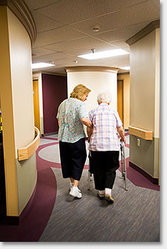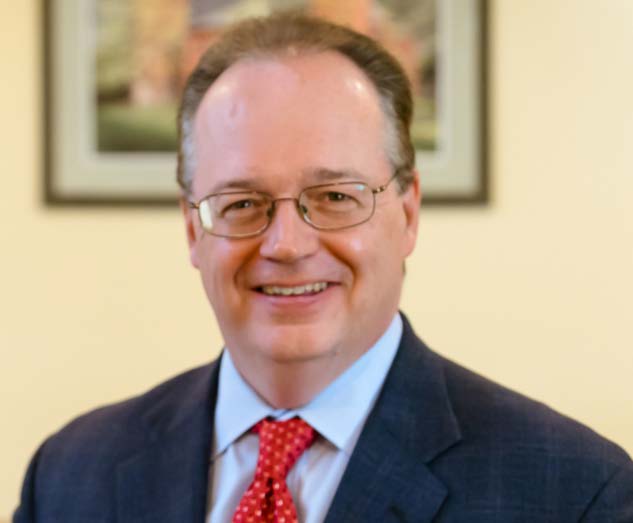 Medicare pays more than $30 billion every year for services at skilled nursing facilities. A new study concludes that more than $1 billion of those payments are for inaccurate, medically unnecessary, and fraudulent claims. This study is important for anyone who owns, operates, or is employed by a skilled nursing facility because it will lead to more audits and investigations. Some owners and employees will pay large penalties and may even go to prison. Others will earn six- and seven-figure rewards for helping the government uncover false claims. One of the most common types of false claims at nursing homes is upcoding. Upcoding is the practice of using billing or diagnostic codes that result in a higher reimbursement rate than the codes for the services actually provided. Other false claims involve billing for services that were not actually provided or that did not meet Medicare coverage requirements. Another common type of nursing home fraud involves misreporting information on Minimum Data Sets (MDS). MDS assessment forms are completed for all residents in Medicare- or Medicaid-certified nursing homes to provide a comprehensive assessment of each resident's functional capabilities and help identify health problems. The MDS information also determines the Resource Utilization Group (RUG) category, which ultimately determines the per diem rate paid to the facility for a resident whose stay is covered under Medicare Part A. When a nursing home provides inaccurate or false information on the MDS forms, it makes a “false claim” that can result in overpayments by Medicare. Under the False Claims Act, an individual or company that submits false claims to Medicare must pay the government three times the amount of the improper payments plus a penalty of $11,000 per claim. Individuals and companies can also face criminal fraud charges. The False Claims Act provides an incentive for individuals who help the government uncover false claims. Under the qui tam provisions of the False Claims Act, an individual can start a lawsuit on behalf of the government to recover money paid on false claims. The individual who brings the lawsuit is called a relator. If successful, the relator is entitled to a reward of between 15% and 30% of the amount recovered. In many cases, the reward amounts to millions of dollars. If you work at a skilled nursing facility and have information about false claims submitted to Medicare or Medicaid, then you should consult with an experienced False Claims Act attorney immediately to protect your rights. You may be entitled to a very large reward for reporting false claims, as well as protection from adverse employment action as a whistleblower. To arrange a free and confidential consultation by phone or in person, call my office today at (917) 652-6504 or click here to contact me via email. John Howley, Esq. The information you obtain at this site is not, nor is it intended to be, legal advice. You should consult an attorney for advice regarding your individual situation. I invite you to contact our law offices and welcome your calls, letters and electronic mail. Contacting us does not create an attorney-client relationship. Please do not send any confidential information to us until such time as an attorney-client relationship has been established. I practice law and offer legal services only in jurisdictions where I am properly authorized to do so. I do not seek to represent anyone in any jurisdiction where this web site does not comply with applicable laws and bar rules.
0 Comments
Your comment will be posted after it is approved.
Leave a Reply. |
John Howley, Esq.
(212) 601-2728 |
